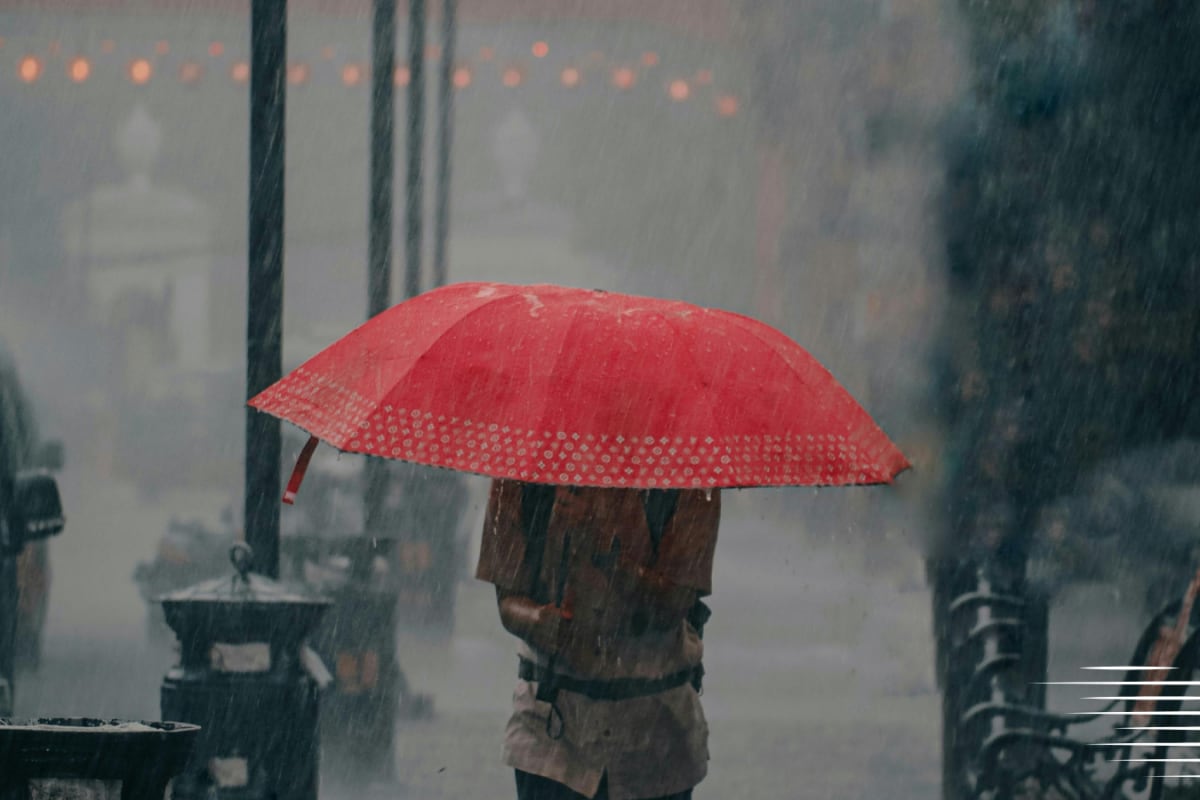The monsoon season in India, while providing respite from the summer heat, also brings a surge in vector-borne diseases. These diseases, transmitted by insects like mosquitoes, thrive in the warm and humid conditions and can lead to significant health complications. As the monsoon approaches, it's crucial to evaluate your health insurance coverage to ensure you're adequately protected against these illnesses.
Understanding Vector-Borne Diseases
Vector-borne diseases are infections transmitted to humans and animals through vectors such as mosquitoes, ticks, sandflies, and fleas. Common monsoon illnesses include:
- Dengue Fever: A viral illness transmitted by Aedes mosquitoes, dengue causes high fever, severe headaches, and joint and muscle pain. In severe cases, it can lead to dengue hemorrhagic fever or dengue shock syndrome.
- Malaria: Spread by Anopheles mosquitoes, malaria is caused by the Plasmodium parasite and presents with symptoms like fever, chills, headache, nausea, and vomiting. Untreated malaria can lead to organ failure and death.
- Chikungunya: Transmitted by Aedes mosquitoes, chikungunya is characterized by sudden fever and severe joint pain, which can persist for weeks or months. Other symptoms include muscle pain, headache, nausea, and fatigue.
- Zika Virus: Caused by the Aedes species of mosquitoes, Zika virus presents symptoms similar to dengue, including fever, rash, joint pain, and red eyes. It can lead to neurological issues and birth abnormalities if left untreated.
- Japanese Encephalitis: This severe disease is caused by the Japanese Encephalitis virus and transmitted by Culex mosquitoes, leading to inflammation of the brain. Symptoms include high fever, headache, stiffness in the neck, disorientation, and potentially coma.
- Other Diseases: Besides these, other vector-borne diseases like filariasis, kala-azar, and Lyme disease also pose a threat during the monsoon. Waterborne diseases like Cholera and Typhoid are also common during monsoon.
Is Your Health Insurance Ready?
Given the prevalence of these diseases, it's essential to review your health insurance policy to ensure it provides adequate coverage. Here's what to look for:
- Coverage for Vector-Borne Diseases: Ensure your policy specifically covers common vector-borne diseases like dengue, malaria, chikungunya, and Zika virus. Some insurers offer specialized vector-borne disease policies as add-ons or standalone products. Bajaj Allianz and Shri Ram General Insurance offer specific vector-borne disease insurance plans. PhonePe also launched affordable dengue and malaria insurance plans.
- Comprehensive Coverage: Opt for a policy that covers hospitalization expenses, diagnostic tests, medication costs, and pre- and post-hospitalization charges. Many monsoon-related diseases require extensive diagnostic tests, which can be costly.
- Cashless Hospitalization: Look for a policy that offers cashless hospitalization, where the insurance company directly settles the bill with the hospital, eliminating the need for upfront payments.
- Family Coverage: Consider a family health insurance plan that covers all family members under a single policy. This is a cost-effective way to protect the entire family against health risks during the monsoon.
- Daycare Treatment Coverage: Some monsoon illnesses can be treated through daycare procedures. Ensure your policy covers such treatments.
- Preventive Measures: Check if the health insurance plan covers preventive measures such as vaccinations and regular health check-ups.
Prevention is Key
While health insurance provides financial protection, preventing vector-borne diseases is equally important. Here are some key preventive measures:
- Eliminate Breeding Sites: Regularly check and clean containers such as flower pots, bird baths, and gutters to prevent water accumulation.
- Use Mosquito Repellents and Nets: Apply insect repellents containing DEET or picaridin and sleep under mosquito nets, especially during dawn and dusk.
- Wear Protective Clothing: Wear long-sleeved shirts, long pants, and socks to prevent mosquito and tick bites.
- Maintain Hygiene: Practice regular handwashing and keep living spaces clean and dry.
- Avoid Stagnant Water: Do not allow water to collect anywhere in or near your house, and keep changing the water in coolers, planters, and pet's bowls.
- Drink Boiled Water: Avoid contaminated water to prevent water-borne diseases.
By taking these precautions and ensuring you have adequate health insurance coverage, you can protect yourself and your family from the health risks associated with the monsoon season.

